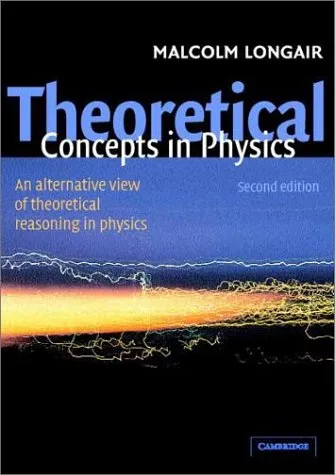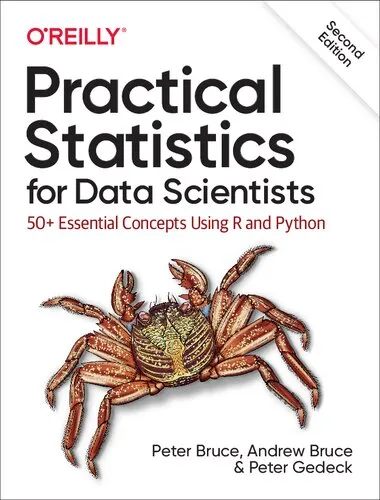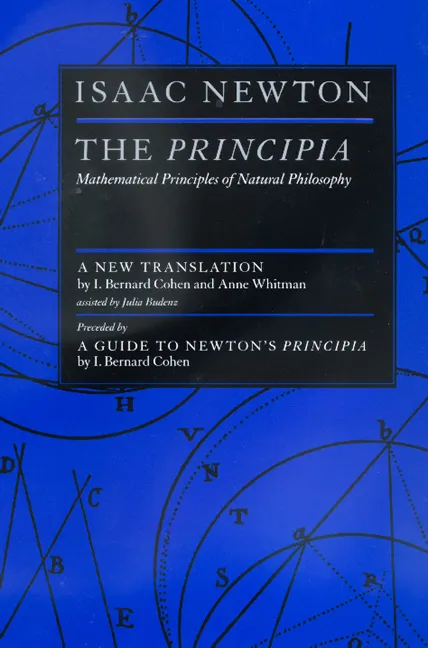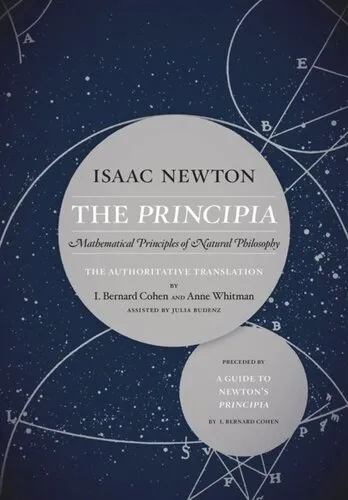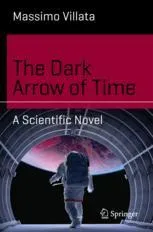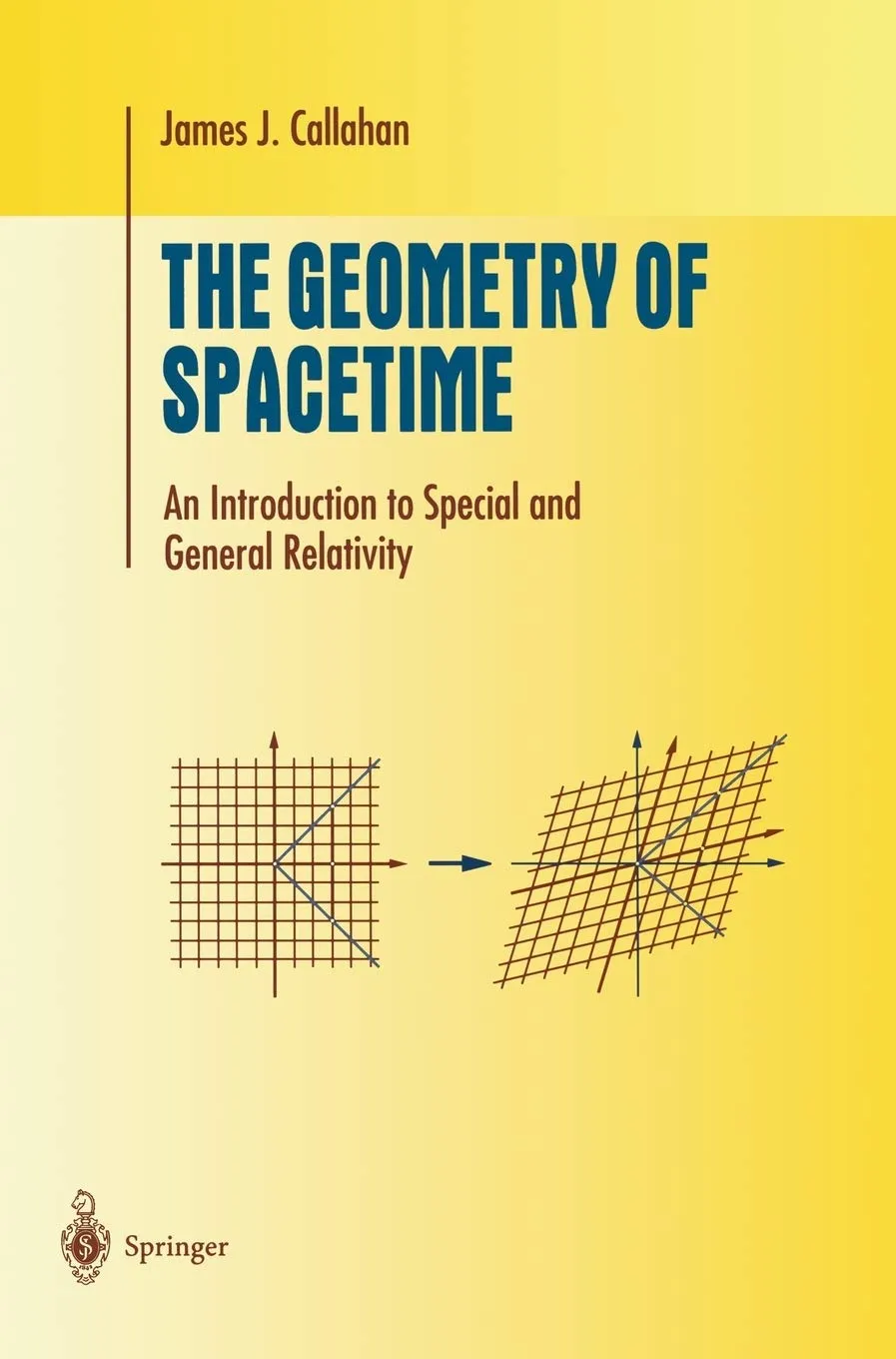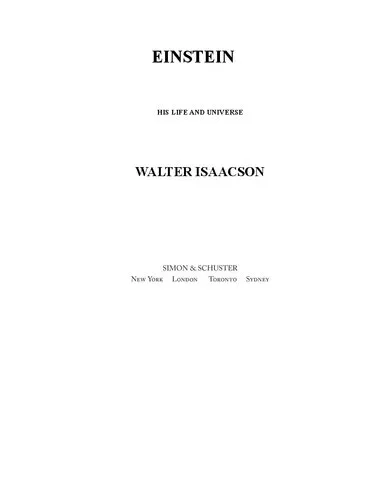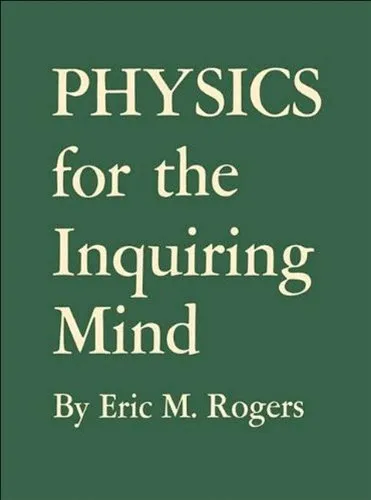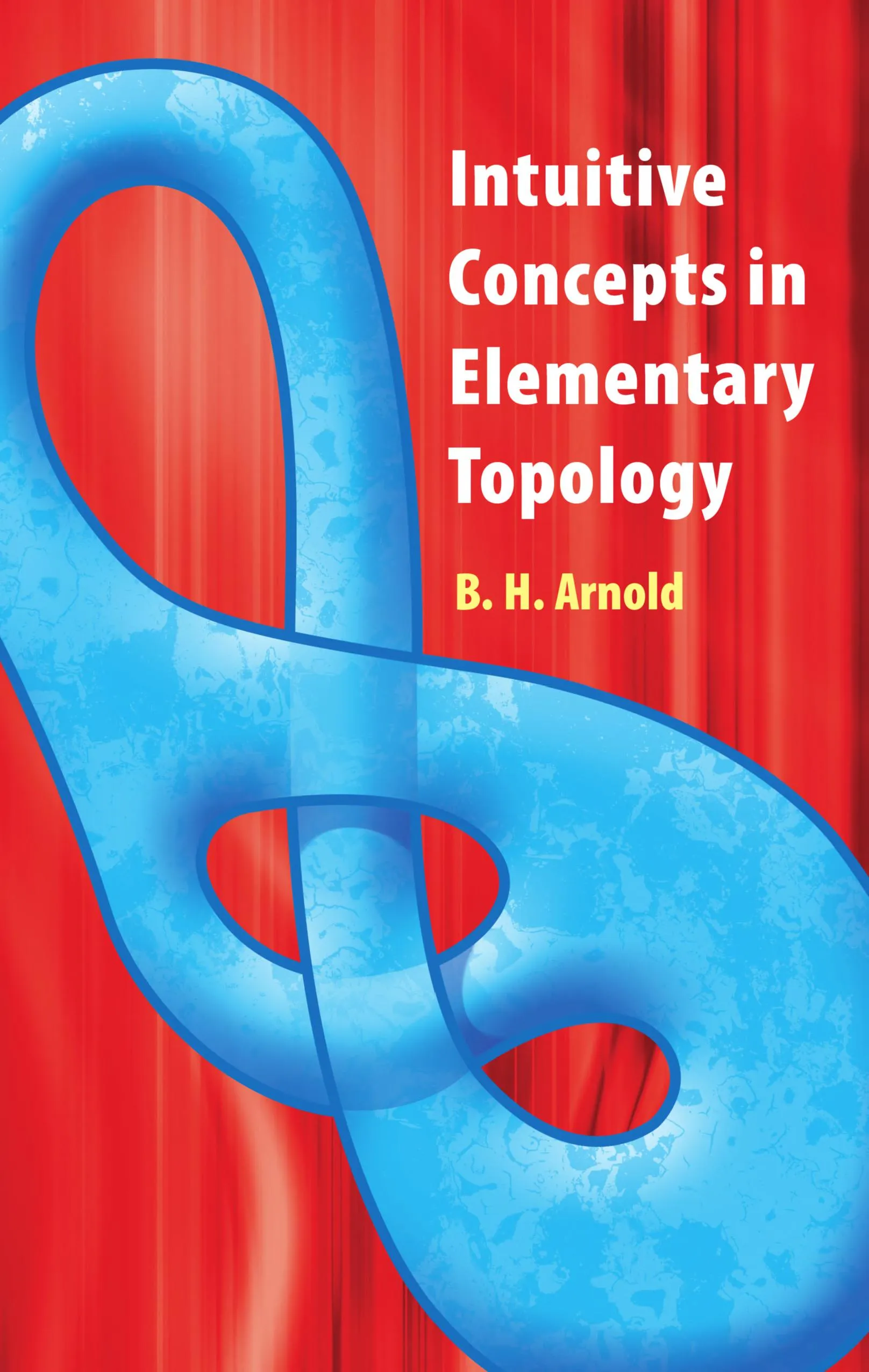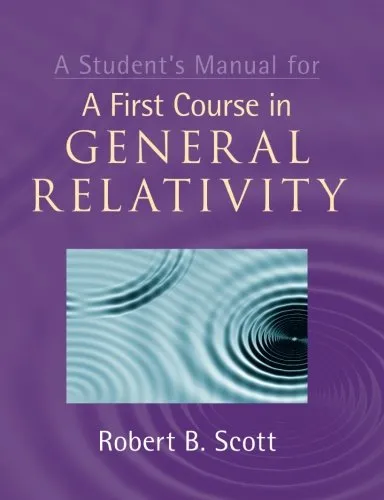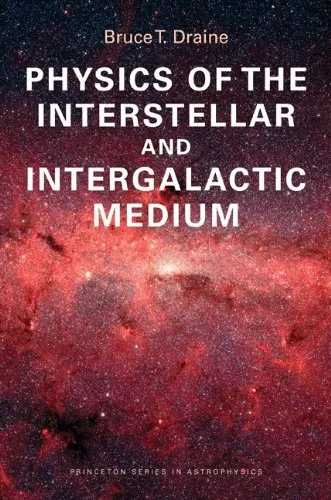Theoretical Concepts in Physics: An Alternative View of Theoretical Reasoning in Physics, second edition
4.6
Reviews from our users

You Can Ask your questions from this book's AI after Login
Each download or ask from book AI costs 2 points. To earn more free points, please visit the Points Guide Page and complete some valuable actions.Related Refrences:
Introduction to 'Theoretical Concepts in Physics: An Alternative View of Theoretical Reasoning in Physics, Second Edition'
Welcome to an intellectual journey into the fascinating realms of theoretical physics. In this second edition of 'Theoretical Concepts in Physics', I aim to provide readers with not just a historical overview of physics, but an exploration of the deep reasoning processes that underpin theoretical discoveries. This book is designed to challenge conventional frameworks and inspire novel ways of examining the intellectual history of physics, from its classical origins to its modern developments.
Physics, at its core, is not merely an accumulation of equations and laws—it is a way of thinking, a powerful methodology for deciphering the universe. Understanding the theoretical reasoning that drives the progress of this science is critical, not just for students of physics, but for anyone wishing to acquire insight into how humanity grapples with profound and complex questions. Through carefully chosen case studies, a historical lens, and an emphasis on conceptual clarity, this book offers an alternative view that prioritizes reasoning processes over mere technical formalism.
A Detailed Summary of the Book
The second edition of Theoretical Concepts in Physics builds upon the foundation of the first edition, while incorporating new material, updated examples, and deeper insights to engage readers even further.
In essence, the book tackles the philosophy of theoretical physics, investigating the development and role of concepts that have revolutionized the field. Instead of focusing solely on the equations or experimental data, we examine the context, reasoning, and intellectual creativity that led to these discoveries. Case studies such as Newton's universal gravity, Maxwell's electromagnetism, quantum mechanics, and the theory of relativity are used to shed light on how physical theories are constructed.
This edition introduces advanced discussions of modern concepts, bridging classical physics with contemporary developments like quantum field theory and cosmology. It also emphasizes the interplay between mathematical elegance and physical insight, making clear that breakthroughs often emerge when these two facets of science align.
Key Takeaways
- Theoretical physics is as much about creative thought and reasoning as it is about mathematical rigor.
- Understanding the historical developments of physics provides valuable frameworks for future exploration.
- Case studies like Newtonian physics, electromagnetism, and relativity demonstrate the evolution of conceptual understanding.
- Modern physics is deeply shaped by the interplay of empirical data and abstract mathematical structures.
- The ability to reinterpret classical ideas in new frameworks is essential to scientific progress.
Famous Quotes from the Book
"Theoretical physics is not simply a collection of equations but a way of thinking that seeks to make sense of our universe at the deepest level."
"The great conceptual revolutions in physics arise not from incremental changes, but from rethinking the very foundations of our understanding of nature."
"There is a beauty to theoretical reasoning that transcends the mere utility of the laws it produces."
Why This Book Matters
Physics, as a discipline, has been at the forefront of human efforts to understand the universe. But what often goes unnoticed is the intellectual and creative process behind it. This book fills a unique space in the scientific literature by parsing the reasoning and conceptualization that enable discoveries, rather than simply recounting established facts.
Moreover, this work is significant because it invites readers to think like physicists. While technical competence is indispensable, the essence of physics lies in its imaginative and theoretical underpinnings—something this book strives to impart. For students, researchers, and anyone curious about theoretical science, Theoretical Concepts in Physics offers a compelling alternative perspective that enriches understanding and fosters curiosity.
By situating physics in its historical and philosophical contexts, this book underscores the discipline's cultural and intellectual significance. Understanding where we have been helps illuminate where we might go. In an era of ever-accelerating scientific change, revisiting and reflecting upon the foundations of physics has never been more important.
Free Direct Download
You Can Download this book after Login
Accessing books through legal platforms and public libraries not only supports the rights of authors and publishers but also contributes to the sustainability of reading culture. Before downloading, please take a moment to consider these options.
Find this book on other platforms:
WorldCat helps you find books in libraries worldwide.
See ratings, reviews, and discussions on Goodreads.
Find and buy rare or used books on AbeBooks.
1387
بازدید4.6
امتیاز0
نظر98%
رضایتReviews:
4.6
Based on 0 users review
Questions & Answers
Ask questions about this book or help others by answering
No questions yet. Be the first to ask!
